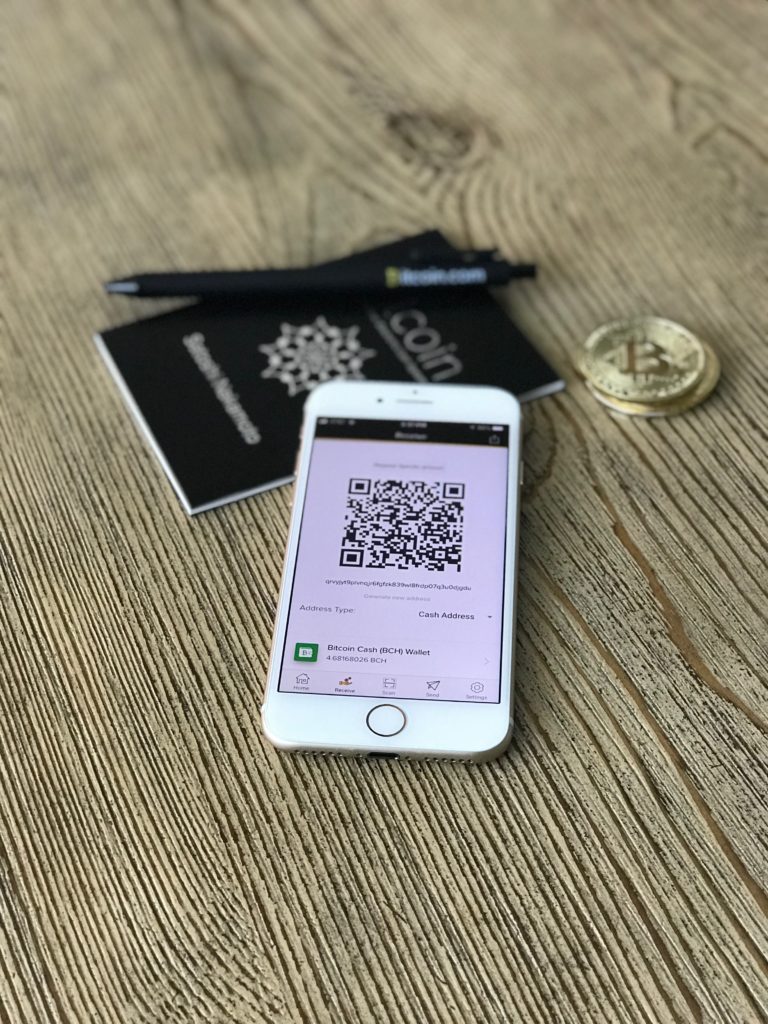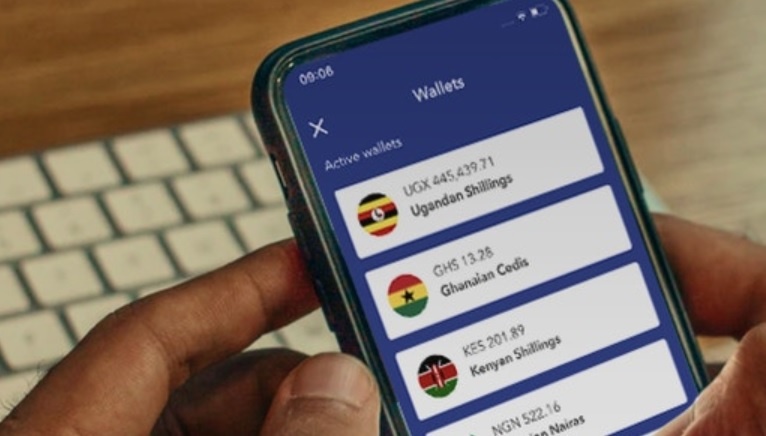Although Eversend started out solving the problem of cross-border transfer, the company says that from the jump, it always had bigger ambitions.
The story of how Eversend, a neobank was founded is a familiar anecdote. While the company started out trying to solve the thorny problem of cross border transfer within Africa, it has always had bigger goals.
“We are not just a money transfer company,” Stone Atwine, the company’s founder and CEO said in one interview. Eversend describes itself as a “neobank for Africans,” and the company’s goal is to become a one-stop shop for financial services.
The idea of neobanks which operate exclusively online without the traditional physical branch network is not new. In Europe, N26, Revolut and Monzo are some of the more popular names and they sell themselves to customers on being innovative.
Unlike traditional banks, they’re more willing to try out new product ideas. Revolut, for instance, lets customers save small amounts of money by rounding up figures whenever they make payments. If you were out having a drink with friends and receive a bill for $10.20, Revolut will round the figure up to $11 and help you save the change.
Those are features which are unlikely to be available with traditional banks. Yet, the real driver for neobanks is that they want to help you put everything in one place.
Organising a myriad of fintech services
The average smartphone user in Africa is likely to have a slew of fintech apps. An app from her traditional bank, a loan app, something for savings as well as a mobile money app.

Companies like Eversend are trying to make sure this happens in one app. “Our game is to build a one-stop shop: transfer, take a loan, buy stock and trade crypto,” Stone Atwine tells TechCabal.
Acknowledging the difficulty of what his company is trying to achieve, Atwine says “it is not sexy to try to do many things.”
Most of the challenges they face are around regulation in a disintegrated continent. It is a familiar problem across the continent and among individual nations. With each country throwing up its own regulation, scaling will undoubtedly be difficult.
“Regulatory compliance across Africa is a nightmare. Sometimes, regulators may not understand how we operate. It then becomes a business of educating them on how we manage risk and do business.”
Atwine shares an experience with a regulatory agency where Eversend applied for a licence and the response did not come back until six months later. When it came, the agency said there was no law in place right now to regulate companies like theirs.
Yet, he’s quick to put the conversation in context, adding that some countries are making progress in making regulations easier. How is the company working around these regulatory hurdles? Where it can, it is educating regulators on its business and more sensibly, expanding to countries with clearer regulatory frameworks.
Another problem with disintegration on the continent is that the company finds itself building infrastructure from scratch to fit individual countries. Is the market size big enough to justify solving these challenges across Africa?
The tricky business of cross border transfers
At the moment, there are not a lot of services that let you transfer money across the continent. While Chipper Cash provides this service, there are not a lot of other digital options available.
This is because cross border transfers are tricky businesses that constantly require currency balancing.
Atwine uses the example of Nigeria where it is difficult to hedge because there are two currency windows and rates.
“It is extremely difficult and we have to be very careful. Let’s say you use the CBN [Central Bank of Nigeria] rates ($1 = ₦380) to decide the exchange and someone else uses the street rate of ($1 = ₦450).”
Eversend has to ensure that it doesn’t go with the wrong rate and end up with a pile up of Naira that no one wants.
One way Eversend is working around this is a fair usage policy which gives a daily or weekly limit to customers. After all, what is the point of having an open service if the company cannot find the money to exchange with?
There are other money conversations for the company which recently raised $1 million through a crowdfunding equity campaign.
According to Atwine, “the reason we did an equity crowdfunding was that we wanted our customers to be involved in the process. Africans in the diaspora came through strong.”
But customer inclusion is hardly the only reason. With the world dealing with the impact of COVID-19, investors are moving slowly. Yet, the company still has plans to raise money to fund its ambitions.
The company is expecting some institutional funding that it says will be larger than the crowdfunding round as it expands its footprint across Africa. Its next stops are Francophone Africa, Europe and a plan to launch its Nigerian operation.





















